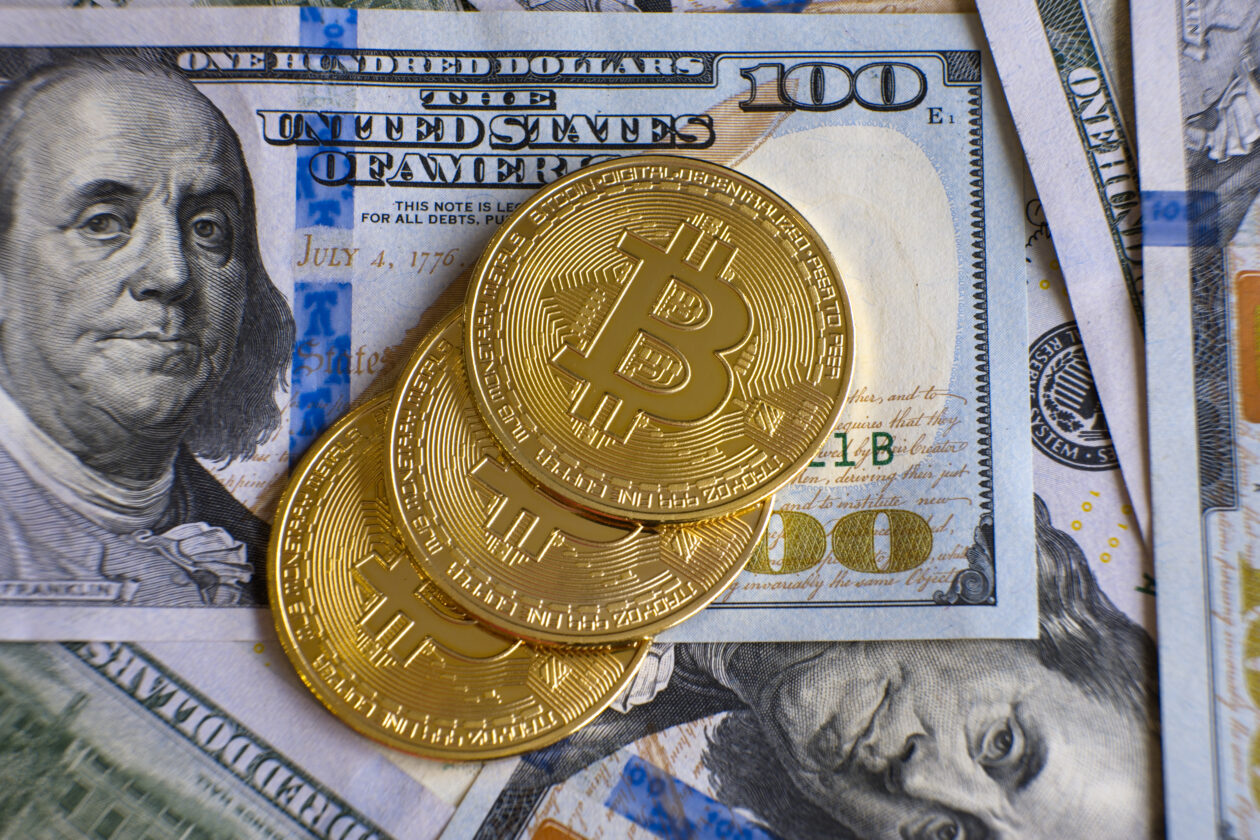A downturn in crypto markets could soon subject cryptocurrency businesses in the U.S. to stricter regulation after the industry pinpointed the lack of regulatory clarity as reason for several American investors trading in offshore exchanges, like the embattled FTX.
The sudden downfall of FTX, one of the largest crypto businesses in the world, has made regulators like Senator Elizabeth Warren push for “more aggressive enforcement” to ensure financial stability and consumer protection.
“The incident once again erodes confidence in crypto assets which are already under pressure from the tightening financial and economic conditions and the risk-off approach among investors during the last few months,” said Farah Mourad, senior market analyst of forex brokerage XTB Middle East and North Africa, in an emailed statement to Forkast.
“Cryptocurrencies could see more price corrections and additional pressures from investors and regulators as the need for strict regulation could become ever more important,” Mourad said.
“FTX was an offshore exchange not regulated by the SEC,” Brain Armstrong, co-founder of U.S.-based Coinbase said in a Tweet replying to Senator Warren.
According to Armstrong, 95 per cent of trading activity went offshore because the U.S. Securities and Exchange Commission (SEC) had failed to establish regulatory clarity in the U.S.
“Punishing US companies for this makes no sense,” Armstrong said.
Backing Armstrong, Brad Garlinghouse, CEO of Ripple, said most crypto trading occurred offshore because companies lack guidance on compliance in the U.S.
“Compare that with Singapore which has a licensing framework, token taxonomy laid out, and much more. They can appropriately regulate crypto b/c (because) they’ve done the work to define what ‘good’ looks like, and know all tokens aren’t securities (despite what Chair Gensler insists),” Garlinghouse said in a Tweet.
Binance, the world’s biggest cryptocurrency exchange reportedly valued at US$300 billion and led by Changpeng Zhao, withdrew from acquiring FTX just 24 hours after the deal was announced, citing allegations of “mishandled customer funds.”
FTX.com, led by Sam Bankman-Fried, which was well-known in the industry for rescuing other troubled crypto businesses, now faces bankruptcy unless it can find a buyer soon.
“The lack of a clear and sound regulatory framework for U.S. crypto markets has left people exposed to the supervisory powers of the Bahamas and who knows where for others,” said Jeremy Allaire, co-founder of Circle, urging Senator Warren to write a sound policy.
Already, U.S. regulators – the Department of Justice, the SEC and the Commodity Futures Trading Commission – are probing FTX, including the relationship between FTX.com and FTX US.
The collapse of FTX is not good news for the industry, Binance’s Zhao said on Wednesday, and will bring about more regulatory scrutiny while obtaining licenses around the world will become more difficult.
“People now think we are the biggest and will attack us more,” Zhao said.
Market volatility over the FTX saga sent Bitcoin’s price to a two-year low of US$15,682 before recovering to US$16,729, down 7% on the day as of 5 p.m. Hong Kong time on Thursday, CoinMarketCap data showed.
BNB, the native token of the blockchain operated by Binance, lost almost 8% in the last 24 hours to trade at US$282.
FTX token FTT plunged 40% to US$$2.78 in the past 24 hours and lost almost 90% in the past 48 hours from US$22, before concerns of FTX’s finances hit the market.
“The FTX collapse has wiped out over US$180 billion from the crypto market as digital assets across the board are under tremendous selling pressure,” Shivam Thakral, CEO of Indian crypto exchange BuyUcoin, said in an emailed statement to Forkast.
“Feedback from investors on withdrawals of their funds from FTX will play a crucial role for market recovery in the coming weeks,” Thakral said.
Credit: Source link
































